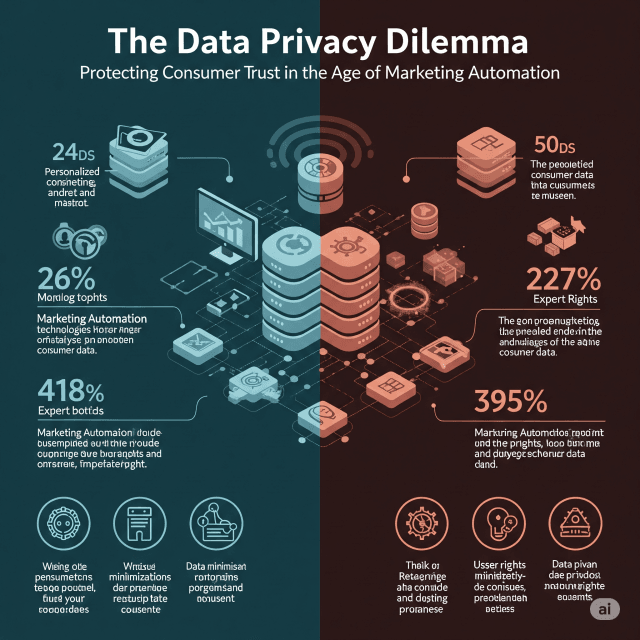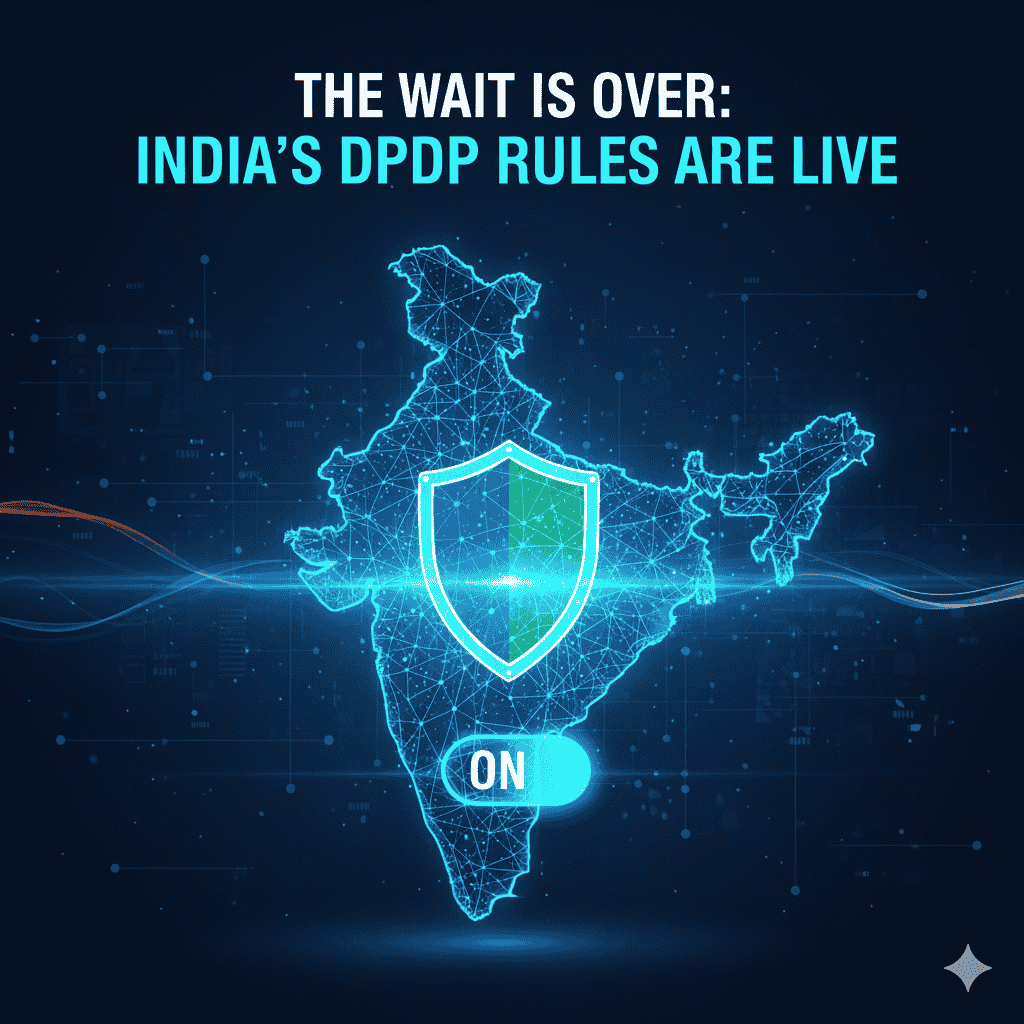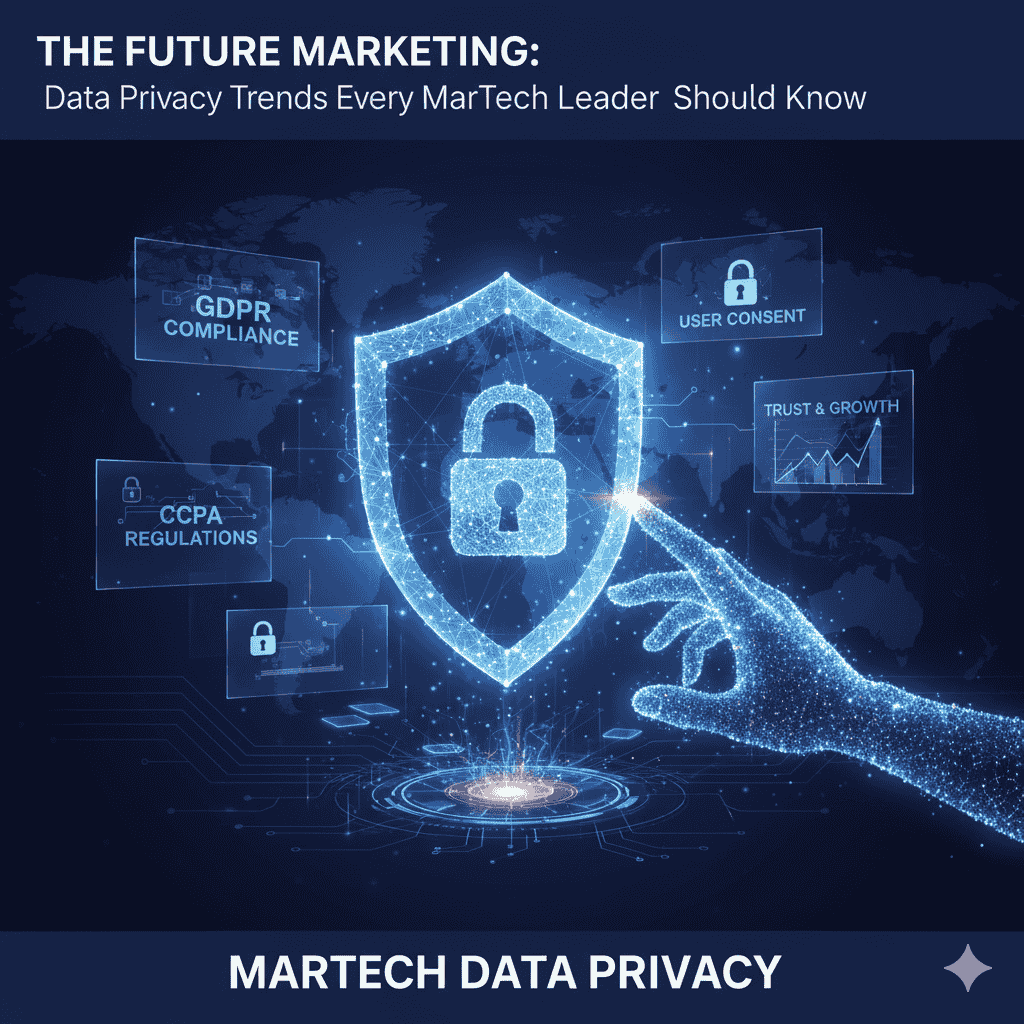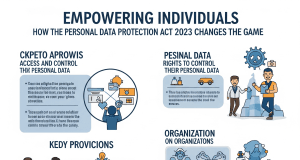In today’s digital landscape, where marketing automation reigns supreme, the delicate balance between leveraging customer data and protecting consumer privacy has become a pressing concern. As businesses increasingly rely on sophisticated technologies to enhance customer engagement and optimize their marketing strategies, the data privacy dilemma emerges, posing challenges that require immediate and effective solutions.
The Rise of Marketing Automation
Marketing automation has transformed the way companies engage with consumers. By using data-driven insights, businesses can create personalized experiences, streamline campaigns, and improve conversion rates. However, this advancement comes with a caveat. The tools that allow marketers to tailor content often rely on extensive data collection, raising significant questions about privacy and consumer consent.
The Importance of Consumer Trust
Consumer trust is the backbone of any successful business. In an era where data breaches and misuse of information are prevalent, maintaining consumer confidence is paramount. Studies show that a majority of consumers are concerned about how their data is used, with many indicating they would switch brands if they felt their privacy was compromised. For marketers, this translates into a dire need to balance automation and ethical data practices.
The Data Privacy Landscape
The regulatory environment surrounding data privacy is continuously evolving. Legislation such as the General Data Protection Regulation (GDPR) in Europe and the California Consumer Privacy Act (CCPA) in the U.S. reflects growing public concern over data transparency and consumer rights. These regulations require businesses to prioritize data protection, including obtaining explicit consent and offering consumers the ability to opt out of data collection practices.
Navigating the Dilemma
Transparency and Communication
One of the most effective ways to build trust is through transparency. Brands must communicate clearly about what data they collect, how it is used, and the measures being taken to protect it. Utilizing straightforward language, businesses can demystify their data practices and alleviate consumer apprehensions.
Data Minimization
Adopting a data minimization approach can help alleviate privacy concerns. By collecting only the data necessary for a specific purpose, businesses can reduce their exposure to potential breaches and limit consumer discomfort. This strategy not only adheres to regulations but also fosters a trustful relationship with customers.
Enhanced Security Measures
Investing in robust cybersecurity measures is essential in the age of data-driven marketing. Businesses must prioritize safeguarding consumer information through encryption, regular security audits, and proactive threat detection. Demonstrating a commitment to data security can build consumer confidence and differentiate brands in a competitive marketplace.
Empowering Consumers
Empowering consumers with control over their data is critical. Providing easy-to-use options for opt-in and opt-out, as well as access to personal data, can help businesses align with consumer expectations. Brands that respect user choices often cultivate loyalty and long-term relationships.
Future Considerations
As technology continues to advance, the data privacy dilemma will evolve. Emphasizing ethical data practices will become increasingly vital. Companies that prioritize consumer trust and adapt to changing regulatory landscapes will be better positioned for success. Furthermore, integrating privacy considerations into the core business strategy will not only foster trust but also enhance overall brand reputation.
Conclusion
The intersection of marketing automation and data privacy represents both a challenge and an opportunity for businesses. By prioritizing transparency, data minimization, security measures, and consumer empowerment, brands can cultivate a trustworthy environment that resonates with consumers. Ultimately, the path forward lies in recognizing that protecting consumer trust is not just a regulatory necessity but a strategic imperative that can drive sustained business growth in the digital age.








